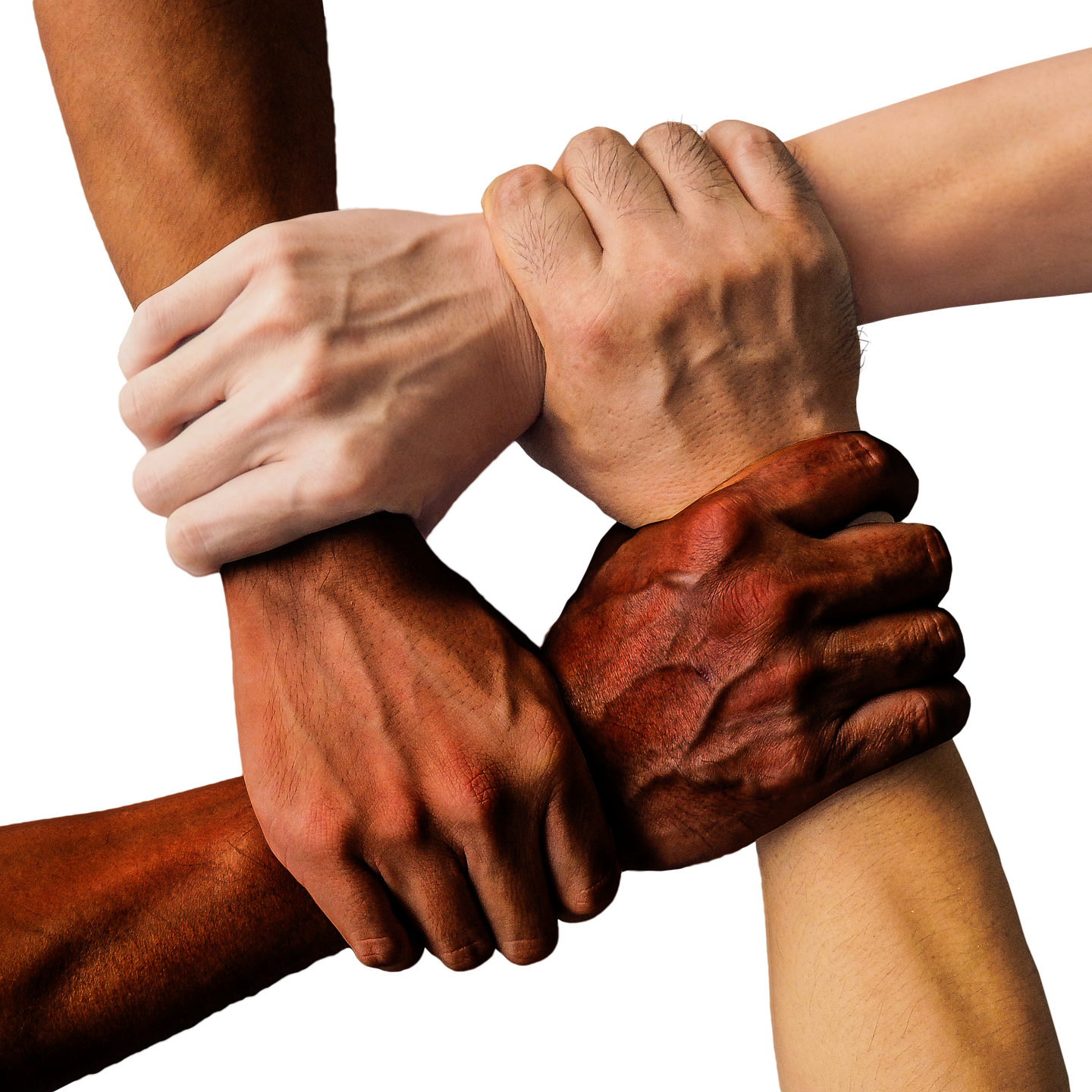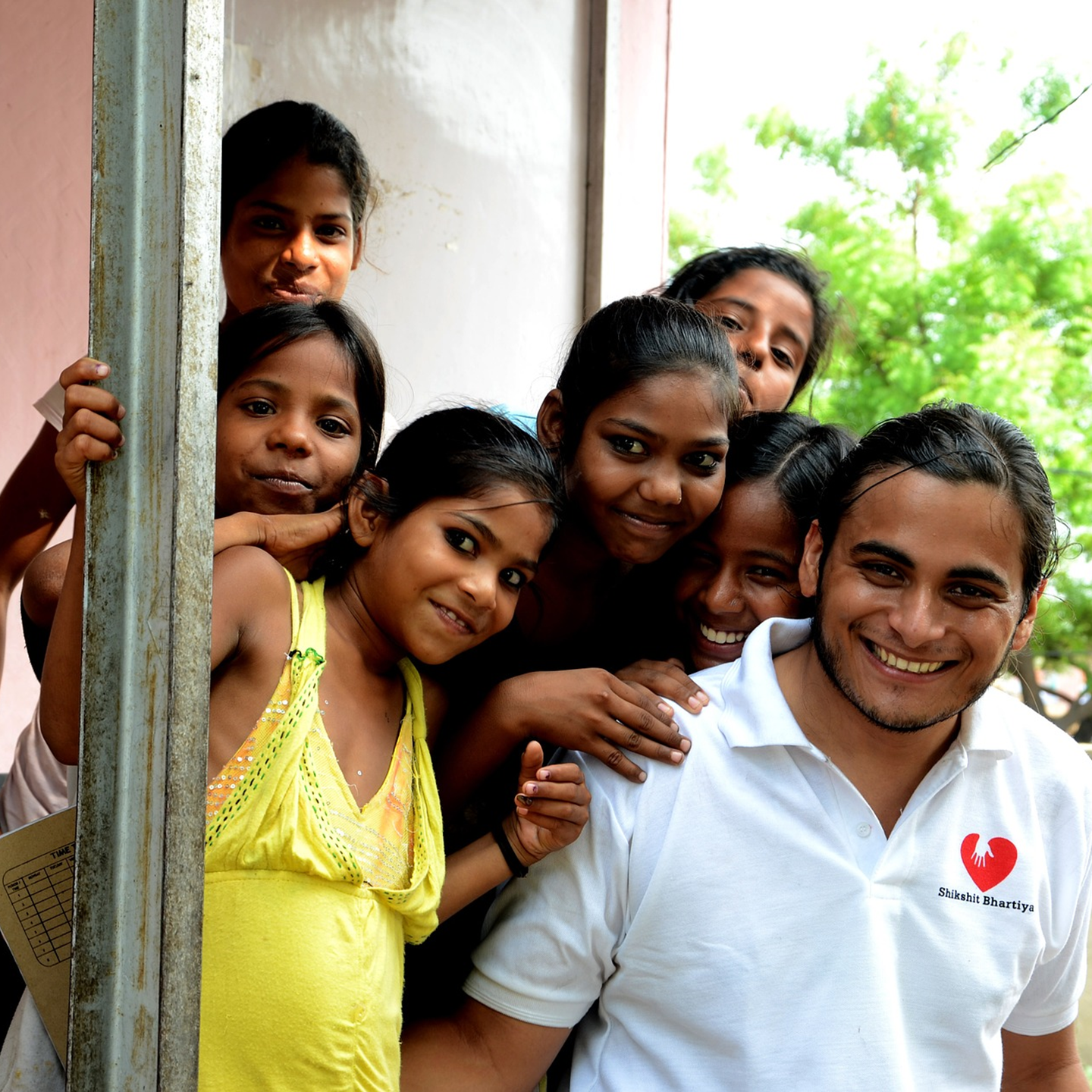Business Uniting Talents 2030 to Foster Inclusion and Diversity in Belgium
In 2019, only 18.0 % of the non-European people aged 15-24 years found employment in Belgium.
The new project Business Uniting Talents 2030, launched by the King Baudouin Foundation and Prince Philippe Fund in collaboration with CSR Europe, aims at reducing inequalities in employment opportunities and closing the gap between talents’ skills and jobs.
Watch the dialogues on diversity and inclusion involving high-level speakers from companies, civil society organisations, and policymakers at the European SDG Summit.
In 2019, Belgium had the lowest youth employment rate for persons born outside the EU. According to Eurostat, the statistical office of the European Union, only 18.0 % of the non-European people aged 15-24 years found employment in the country laying at the heart of Europe against the 33.5% registered for EU-27. The discrimination faced in accessing employment opportunities is made worse by job shortages and skills gaps. However, Belgium also offers an extensive list of jobs in shortage. Therefore, companies have the opportunity to strengthen their efforts to find and hire the many talents available, especially within the country’s migrant populations.
To foster the inclusion of Belgium’s talents who have a non-European backgrounds, the King Baudouin Foundation and Prince Philippe Fund, in collaboration with CSR Europe, are launching Business Uniting Talents 2030 (BUT2030). This new project aims at addressing inequalities in the access to employment and at reducing the mismatch between talents’ skills and jobs opportunities. Ten major companies operating in Belgium are joining the project to take their inclusion strategy to the next level and attract a diverse pool of talents. This in turn will allow them to unlocks new, substantial opportunities, especially in times of disruption and uncertainty like those we are experiencing with COVID-19.
Last week, the European Commission called on EU countries to increase their efforts of integrating migrants into European society, and issued the “Action plan on Integration and Inclusion 2021-2027” to support integration in the areas of education, employment, health and housing. “Almost 40% (of migrants) are overqualified for the job they do”, the report says highlighting the potential benefits to society. “We cannot afford to waste this potential. At the same time, almost a fifth of migrants have only primary school education and need further support”.
According to Forbes, Diversity and inclusiveness (D&I) help to recruit and retain top talent; improve creativity, innovation and performance; and boost a company’s brand among consumers. Additional research from the World Economic Forum indicates that companies that champion D&I are also more profitable. CSR Europe engaged companies on the topic at SDG Roundtables of the European SDG Summit 2020.
In collaboration with CSR Hellas and CSR Cyprus, the European roundtable “Business and Gender Equality” tackled the challenge of providing equal access to public offices and economic opportunities to both men and women. The National SDG Roundtable “Diversity Management in Times of Crisis”, organised with the support of IMS Luxembourg, presented the Practical Guide to Diversity Management.
For more information:
Manager


























